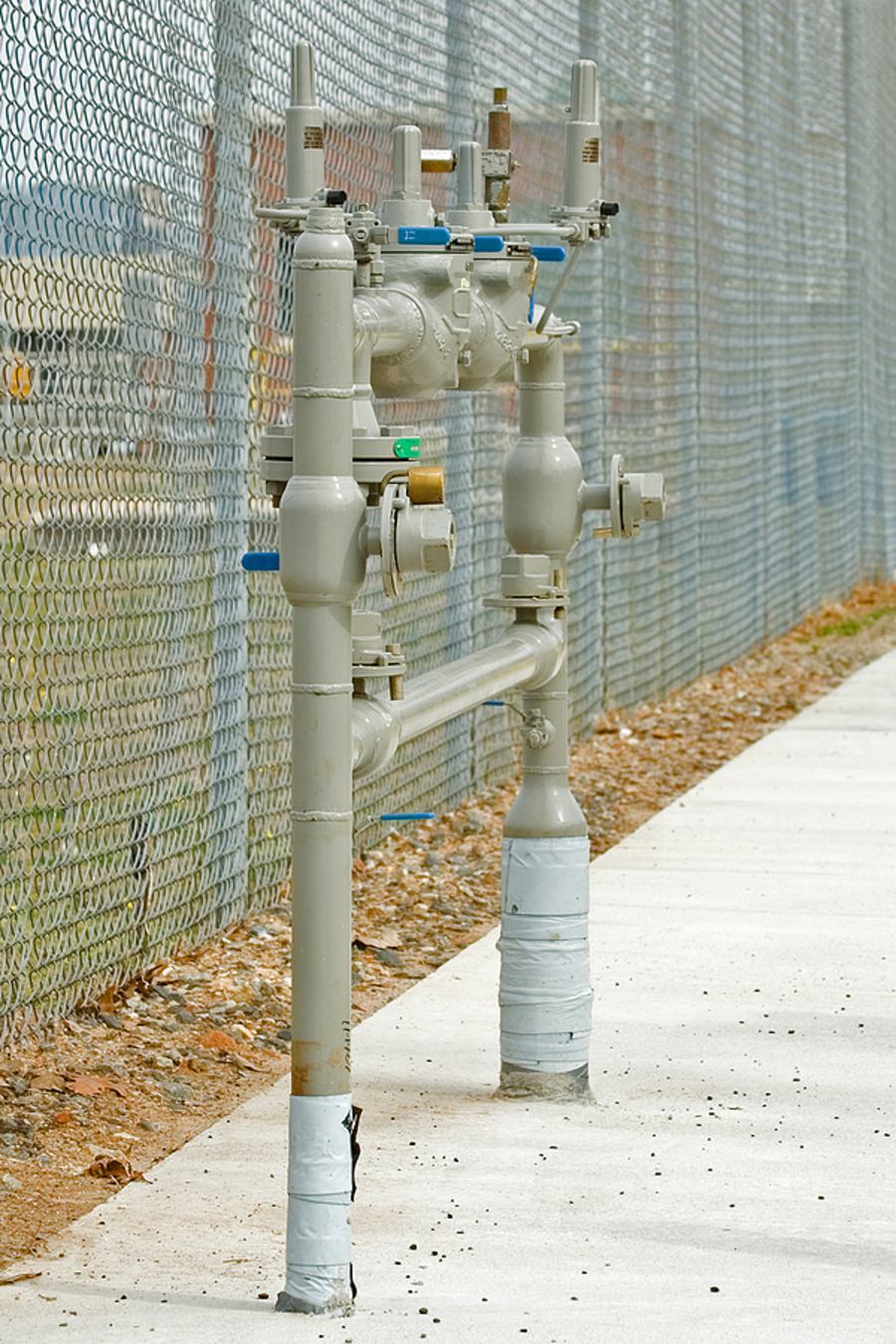Call This Monday to Get $50 OFF
Call This Monday to Get $50 OFF
Call This Monday to Get $50 OFF
Call This Monday to Get $50 OFF
Backflow issues in plumbing systems are a significant concern for homeowners and businesses. When backflow occurs, it means that contaminated water is flowing backward into the clean water supply, which can pose serious health risks. Preventing backflow is crucial for maintaining a safe and functional plumbing system. Here’s how you can prevent backflow issues with the help of professional plumbing services.

Backflow occurs due to changes in pressure within the plumbing system. When the pressure in the clean water supply drops or when there’s an increase in pressure on the contaminated side, water can flow backward. This can introduce harmful substances, such as chemicals, waste, and other pollutants, into the potable water supply.
One of the most effective ways to prevent backflow is by installing backflow prevention devices. These devices are designed to allow water to flow in one direction only, thereby preventing any reverse flow. Common types of backflow prevention devices include:
A licensed plumber at High Speed Plumbing can assess your specific needs and recommend the appropriate backflow prevention devices for your system. They will ensure that these devices are installed correctly and comply with local plumbing codes.
Even the best backflow prevention devices require regular maintenance and testing to ensure they function properly. Over time, these devices can wear out or become clogged, compromising their effectiveness. A professional plumbing service can perform routine inspections and tests to verify that your backflow prevention devices are in good working order.
Annual testing is often mandated by local authorities, especially for commercial properties. During these tests, a plumber will check the device’s pressure and performance, making any necessary adjustments or repairs.
If you're hearing a rumbling sound from your basement, don't ignore it. At High Speed Plumbing, we've seen everything from thermostat…
Running out of hot water at your business can mean angry customers, health code violations, or a full operational shutdown. Restaurants,…
Are you dealing with a leaky faucet, low water pressure, or a broken handle? If so, you might need a faucet…
A properly working garbage disposal makes kitchen cleanup easy and efficient. If your disposal is acting up—making loud noises, leaking, or…
When your main water line has a problem, it can cause a lot of trouble for your home. Leaks, low water…
Are you dealing with an old, leaky, or broken toilet? If so, it may be time for a toilet replacement in…
If you’re concerned about the quality of your water, water filtration installation in Pomona is a wise choice. A good filter…
Traditional snaking or chemical drain cleaners can harm pipes and aren’t always effective at reaching deep blockages…
If you suspect a backflow issue, it’s crucial to contact a plumbing repair service immediately. They will diagnose the problem and take swift action to resolve it. This might involve repairing or replacing backflow prevention devices, addressing pressure issues, or even identifying and fixing leaks that contribute to backflow.
Knowledge is a powerful tool in preventing backflow issues. Educate yourself and your family about the importance of backflow prevention and the signs of potential problems. Ensure everyone understands not to tamper with backflow prevention devices and to report any plumbing issues immediately.
A professional plumber is essential in preventing and addressing backflow issues. Plumbers are trained to install, maintain, and repair backflow prevention devices. These devices are critical components in ensuring that your water supply remains uncontaminated. By working with a qualified plumbing service like High Speed Plumbing, you can safeguard your water system and prevent costly and dangerous backflow incidents.